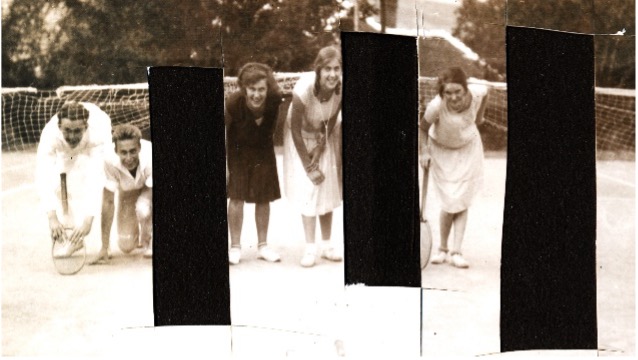
Title of event: TRACING NEGATIVE MYTHS – or: Why do we create conspiracy theories and family curses, and how do they affect us?
Presenter: Ágnes Szajcz, training and supervising psychoanalyst
Date of event: 24. November 2023, 18.00 – 19.30
(The source of the photo is Fortepan/Flanek_Falvay_Kováts)
Place of event: Hungarian Psychoanalytical Society, Magvető Café
The event is in Hungarian.
Registration link: https://tixa.hu/magvetocafe
Link to flyer
In the next Freud Café, we will focus on the theme of negative myths, family beliefs, social prejudices and conspiracy theories.
In this presentation, we will discuss everyday myths that have harmful, negative effects, such as family curses, prophecies (Mazzacane), or social prejudices and conspiracy theories. We may believe that this way of thinking is unique, only for certain people, but we all produce such beliefs and can even transfer them transgenerationally from generation to generation. When we are overwhelmed by fear of the unknown or deeply threatened by, for example: Covid, war, the economic crisis or climate change, – we can’t distinguish between what is true, what is false – or even lies. For our psychological survival, we need narratives to explain our experiences, causal relationships, and characters to personify our feelings, so we construct beliefs and myths in order to create them. „Digesting” our experiences (Bion) and finding their meaning is not easy. If the tense feelings of uncertainty and unknowing can be bearable, then there is a chance for deeper and more subtle understanding – a positive direction for the development of thinking. The other way is the negative direction, which means simplification and concretisation, where the feeling of possessing knowledge promises more or less confidence, a strengthening sense of security, an experience of understanding, ignoring contradictions, facts and even the harm it can do to oneself and others. Thus, not only positive but also negative myths give meaning to the „nameless dread” regardless of their reality. Myths are collective creations, formed at both the social and family level, and we also encounter them in our psychoanalytic work. Positive family myths are a source of fortitude in difficult times, such as „together we can survive anything”, negative ones are destructive, such as „we are cursed”, and „we are unfit to live”.
The hour and a half available will be concerned with understanding the natural history of negative myths. Through examples, the speaker will present the conscious and unconscious processes of negative family myths and will talk about why we cling to them so much. In the last part of the programme, we think together with the audience about all these issues and questions.